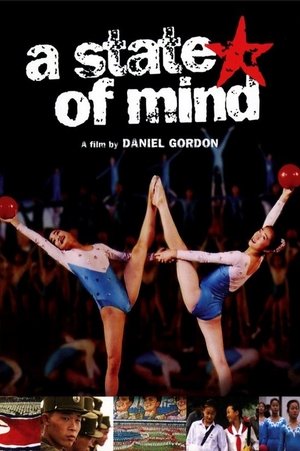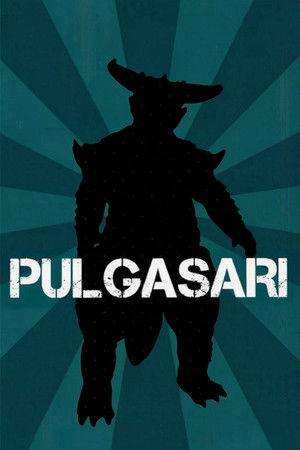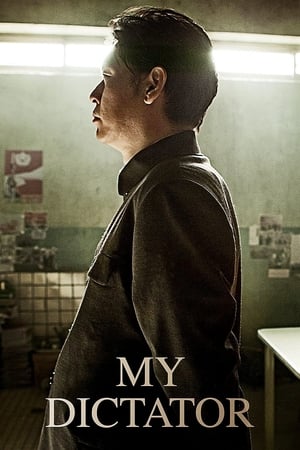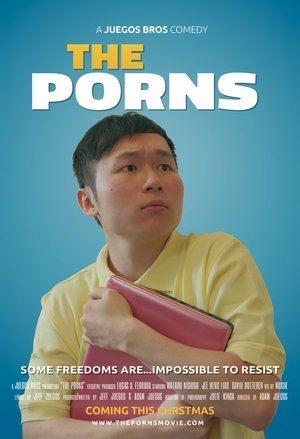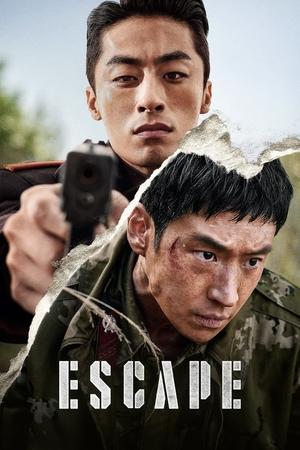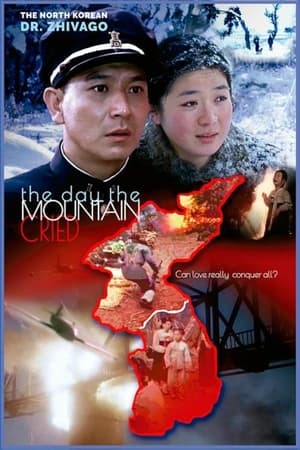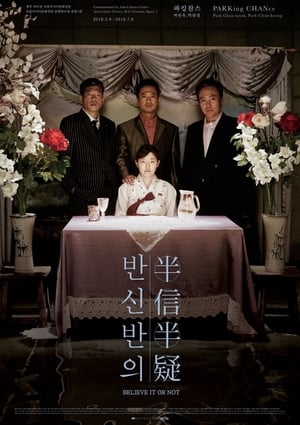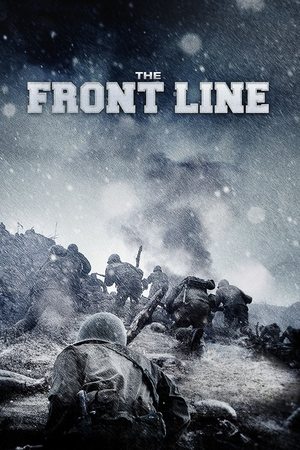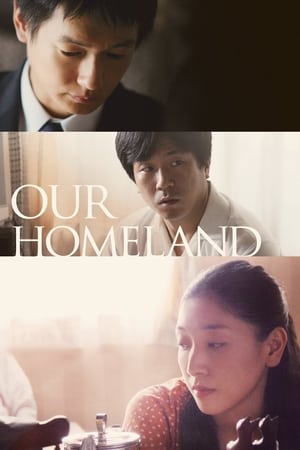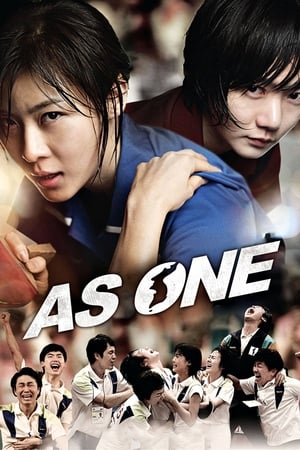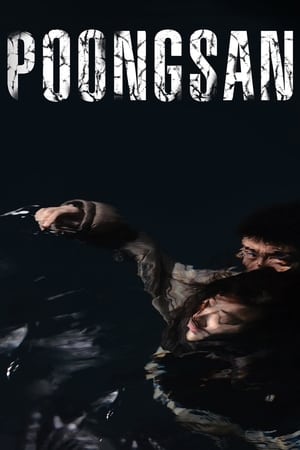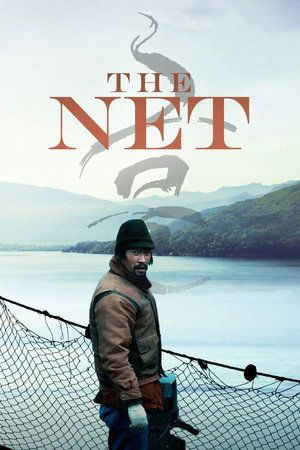Overview
North Korea, facing international sanctions, seeks assistance from a Hungarian NGO to build churches in Pyongyang as a way to bypass the sanctions. The NGO proposes organizing a revival meeting with international Choir organizations, leading the Ministry of 5 Securities to apprehend believers. The "Victory Orchestra," a replacement ensemble, is actually composed of underground Choir members. As they sing hymns openly for the first time, their true identity as underground believers is revealed, creating moments of laughter, tears, and emotion.

 111 min
111 min
 9
9
 2025
2025
 South Korea
South Korea
